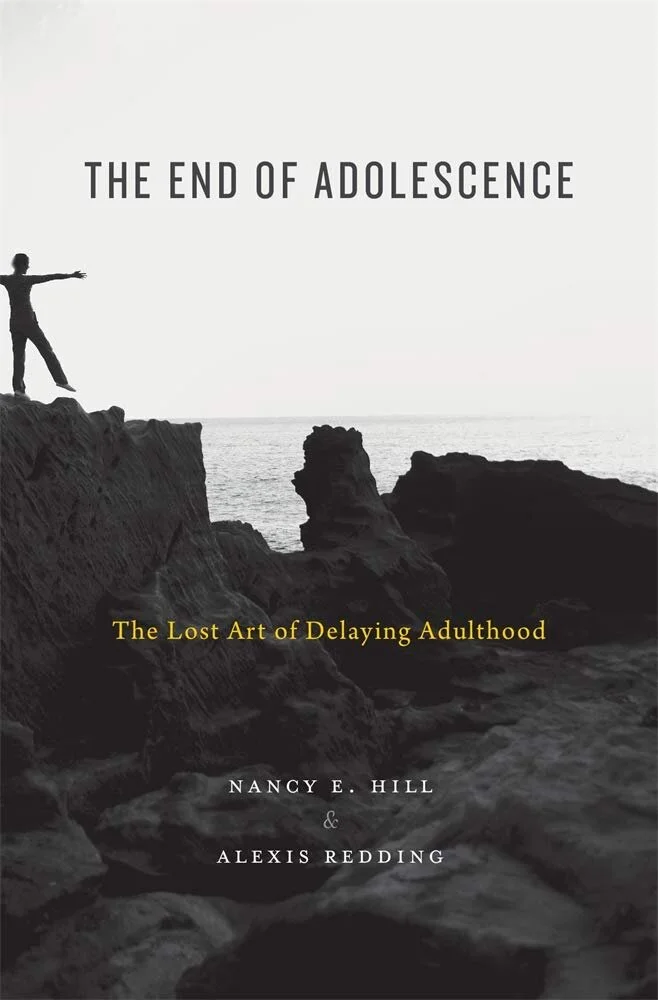BOOKS
THE END OF ADOLESCENCE
Is Gen Z resistant to growing up? A leading developmental psychologist and an expert in the college student experience debunk this stereotype and explain how we can better support young adults as they make the transition from adolescence to the rest of their lives.
This groundbreaking two-volume set examines the psychological, social, physical, and environmental factors that undermine or support healthy development in African American children while considering economic, historical, and public policies.
How does one go about shifting the psychology of a people whose sense of worth, purpose, and potential have been denigrated and disenfranchised for decades? What specific factors conspire to douse African American children's dreams before they reach adolescence? And what can we learn from African American families determined to help their children beat the odds and succeed?
This unique two-volume set examines the forces affecting psychological development and achievement motivation in African American children today. These books address the current political, global, economic, and social contexts as they impact African American families and tackle the tough issues of genes, environment, and race. Experts from leading universities, research institutes, federal agencies, and nonprofit organizations discuss factors such as parenting beliefs and practices, peer influences, school and community environments, racial profiling, race and ethnicity, spirituality, and immigrant status.
This volume brings together leading experts from different disciplines to offer new perspectives on contemporary African American families. A wealth of knowledge is presented on the heterogeneity of Black family life today; the challenges and opportunities facing parents, children, and communities; and the impact on health and development of key cultural and social processes. Comprehensive and authoritative, the book critically evaluates current policies and service delivery models and offers cogent recommendations for supporting families' strengths.
Families and schools share a desire for students to succeed but are often perplexed about how to collaborate and support this achievement, especially during the transition to middle and high school. This book will help educators and policymakers identify and implement the most effective strategies to help parents remain involved in their teens’ education. The research in this book looks at diverse families and adolescents from a wide range of backgrounds while considering cultural and socioeconomic contexts. Bringing together multidisciplinary perspectives―including prominent researchers from the fields of teacher education, psychology, and sociology ―this authoritative book:
Presents new research on family-school partnerships in the unique developmental period of adolescence.
Outlines the challenges teachers experience in maintaining communication with families.
Offers strategies that reflect academic socialization among African American, Asian American, Latino, and European American families as key factors that promote achievement.
Describes how technology can bridge the gap between families and schools in a way that fits with the developmental needs of adolescents.
Examines the roles of policymakers, communities, and school districts to highlight developmentally appropriate, culturally sensitive policy solutions.



